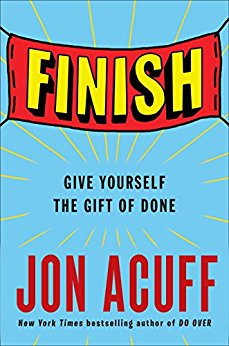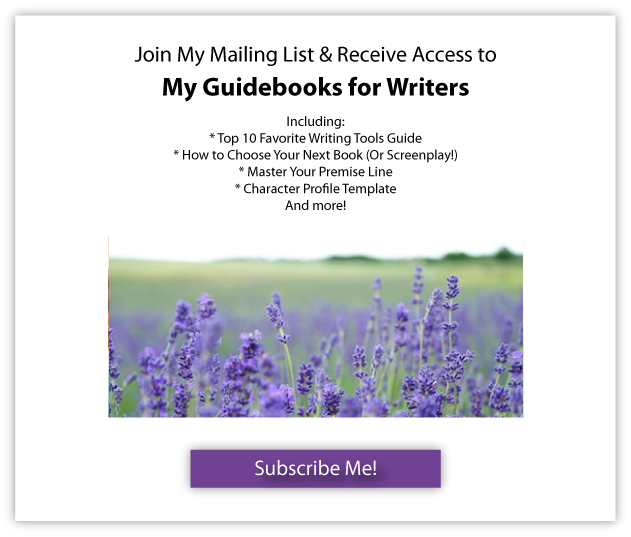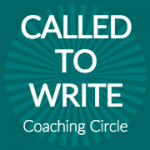
Join My Mailing List
& Receive Access to
My Guidebooks for Writers
* My Top 10 Favorite Writing Tools
* How to Choose Your Next Book (Or Screenplay!)
* Master Your Premise Line
* Character Profile Template
And More!
Your privacy is important to us. You may unsubscribe at any time.
Privacy Policy | Terms of Use
© Jenna Avery, 2023














 I’m leading a one-week intensive called “Fitting Writing Into Your Life: Becoming a Productive Screenwriter” at Screenwriter’s University starting on August 11th and running for 7 days. It’s a three-part online recorded video presentation from me and plus online discussions, interaction, and support from me.
I’m leading a one-week intensive called “Fitting Writing Into Your Life: Becoming a Productive Screenwriter” at Screenwriter’s University starting on August 11th and running for 7 days. It’s a three-part online recorded video presentation from me and plus online discussions, interaction, and support from me. 


